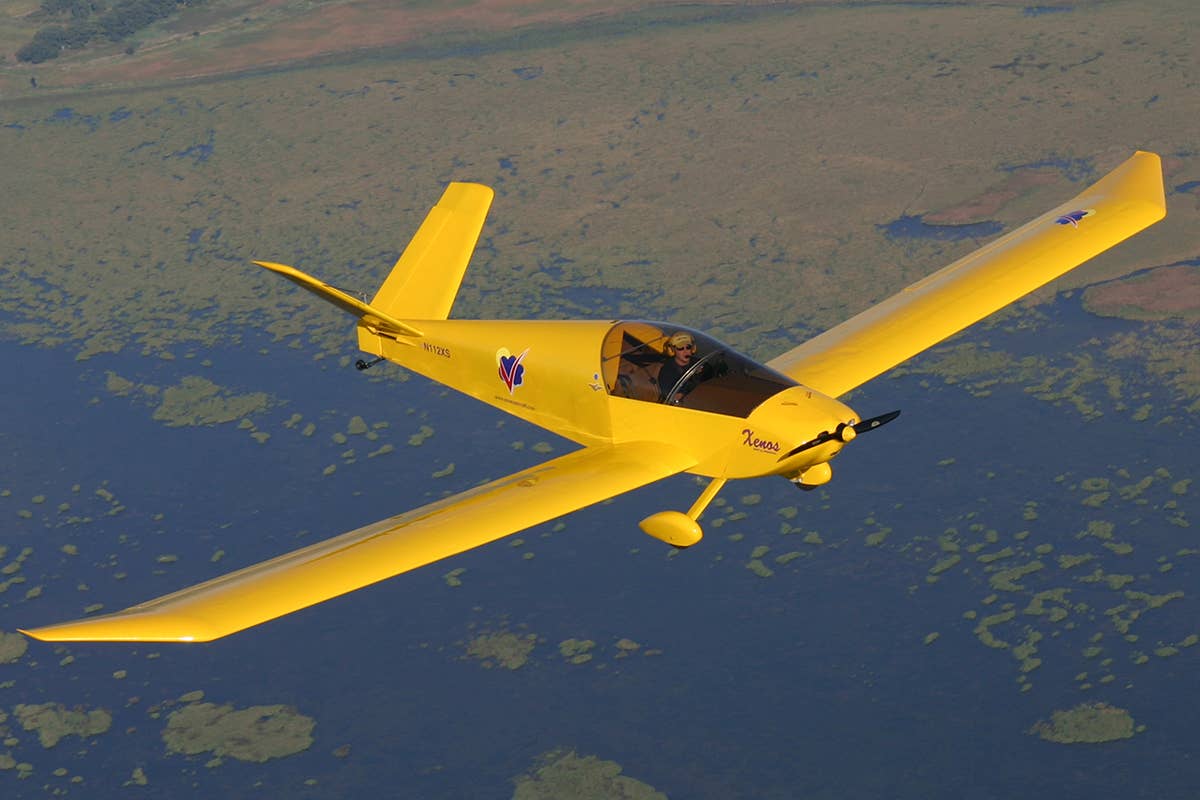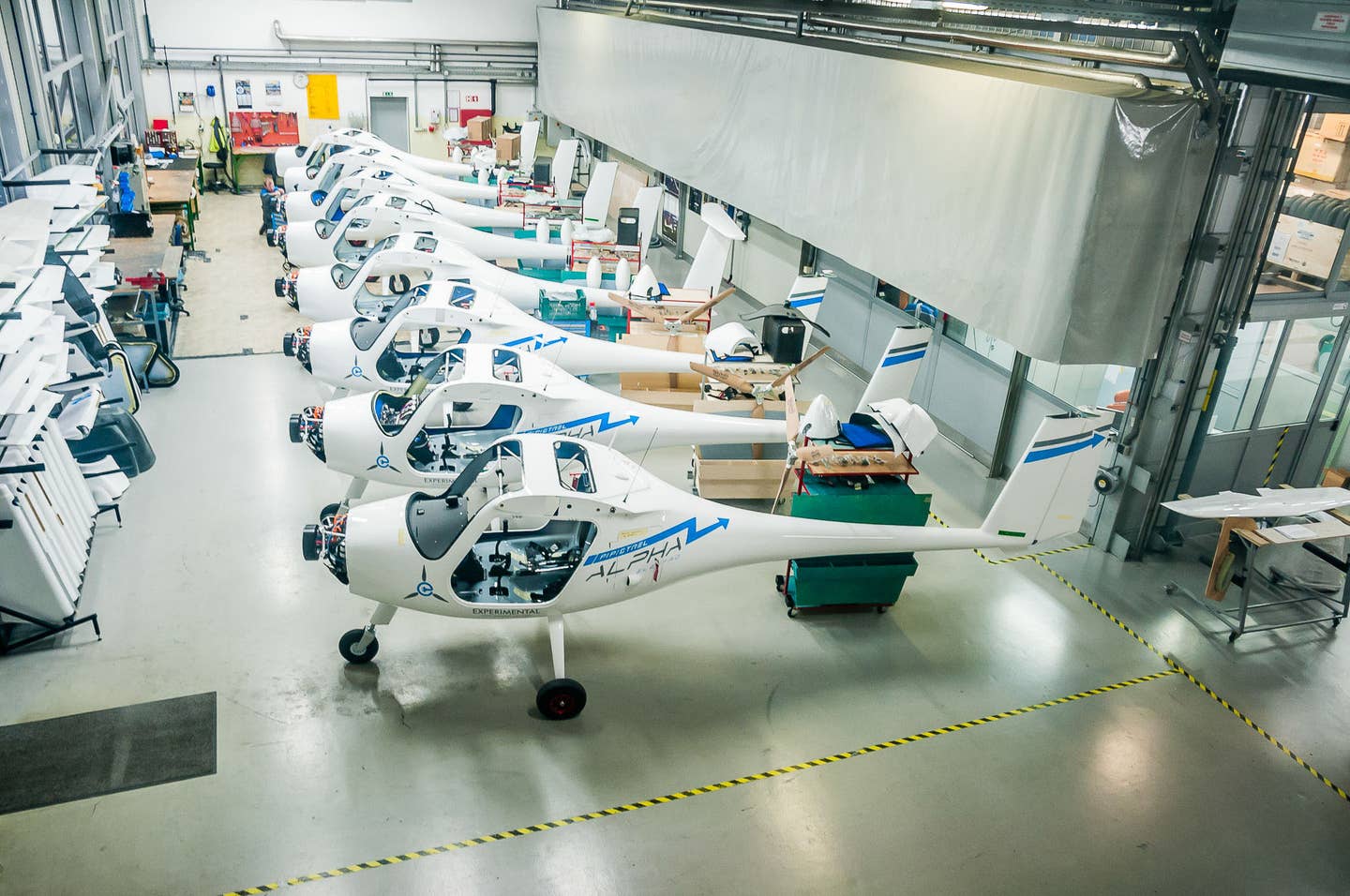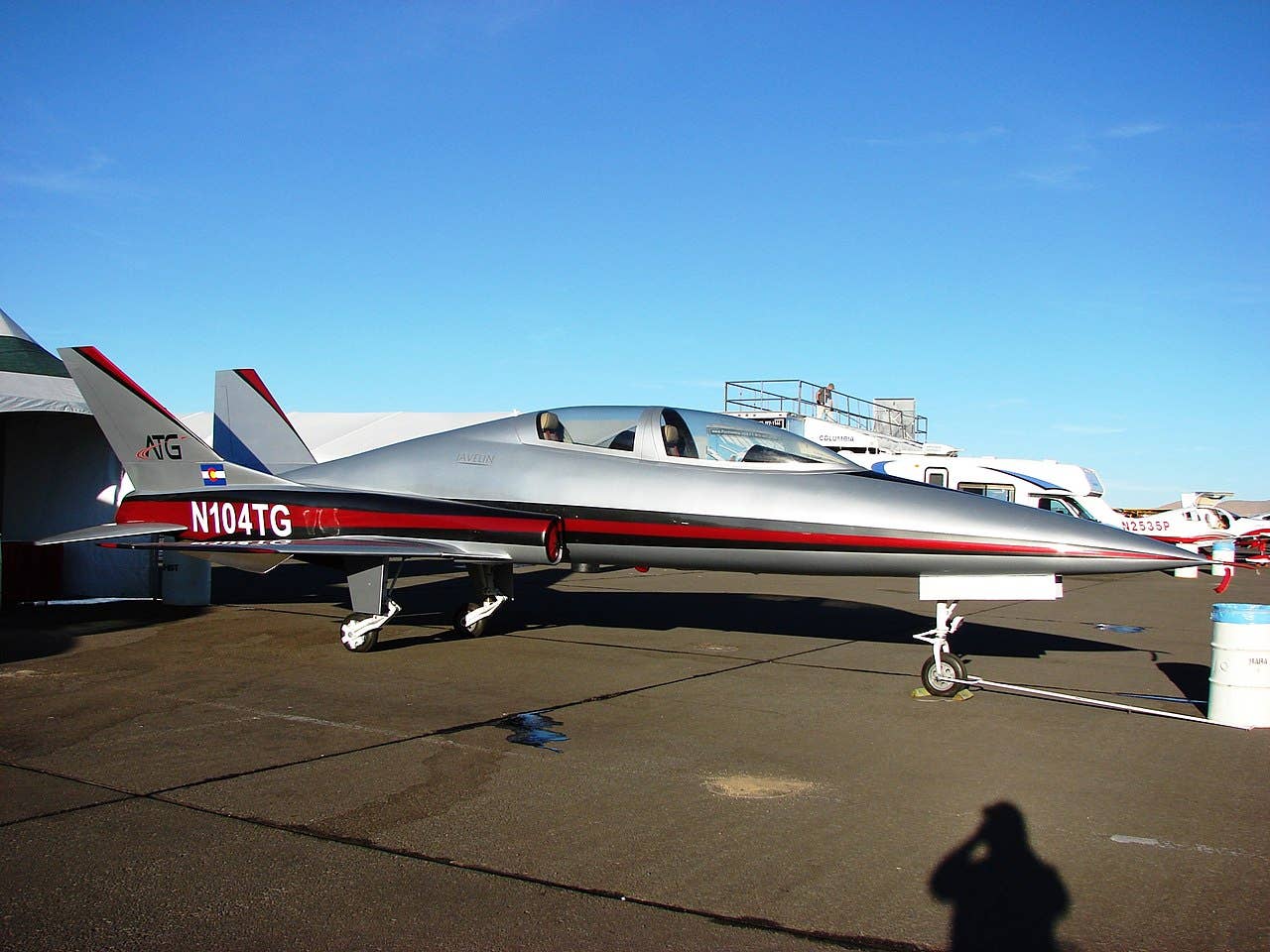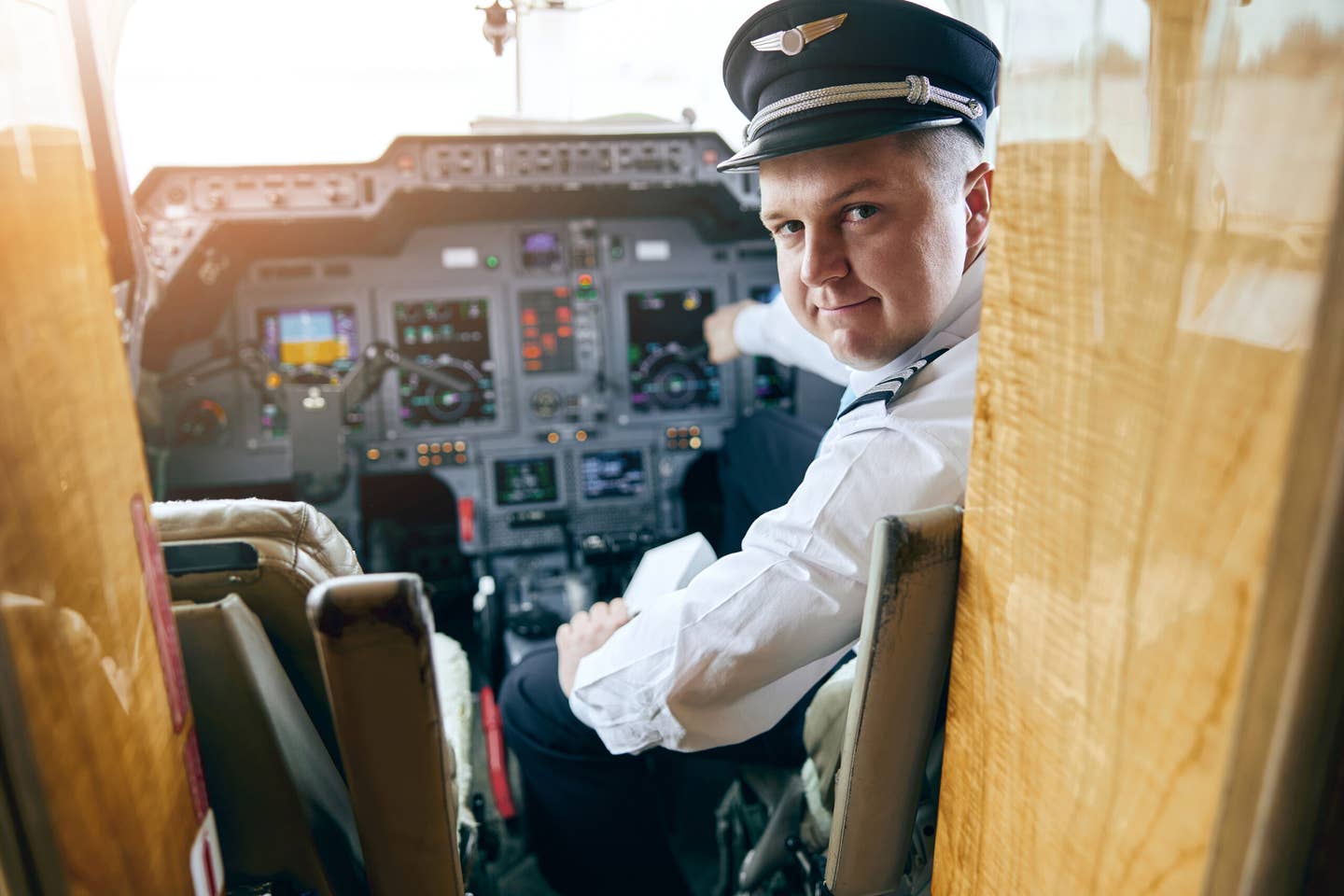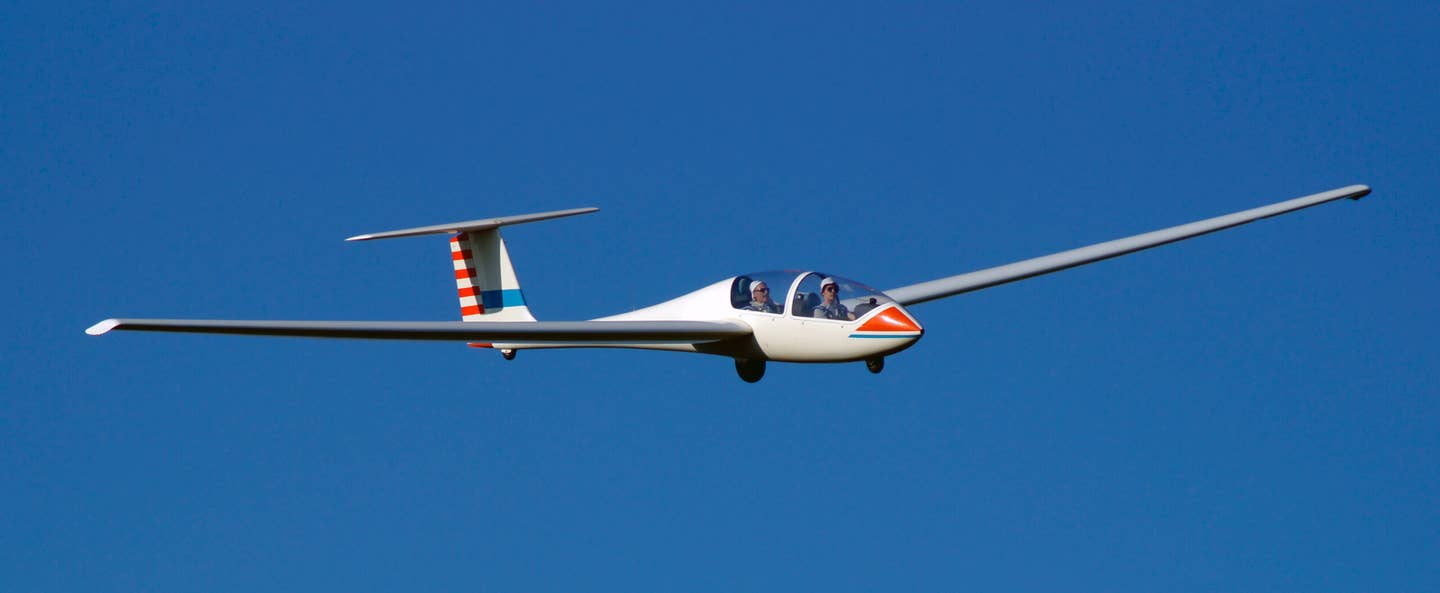More Than Tuition Matters When Choosing Your Money-Smart Aviation College
There are plenty more things to consider when it comes to college and university costs.
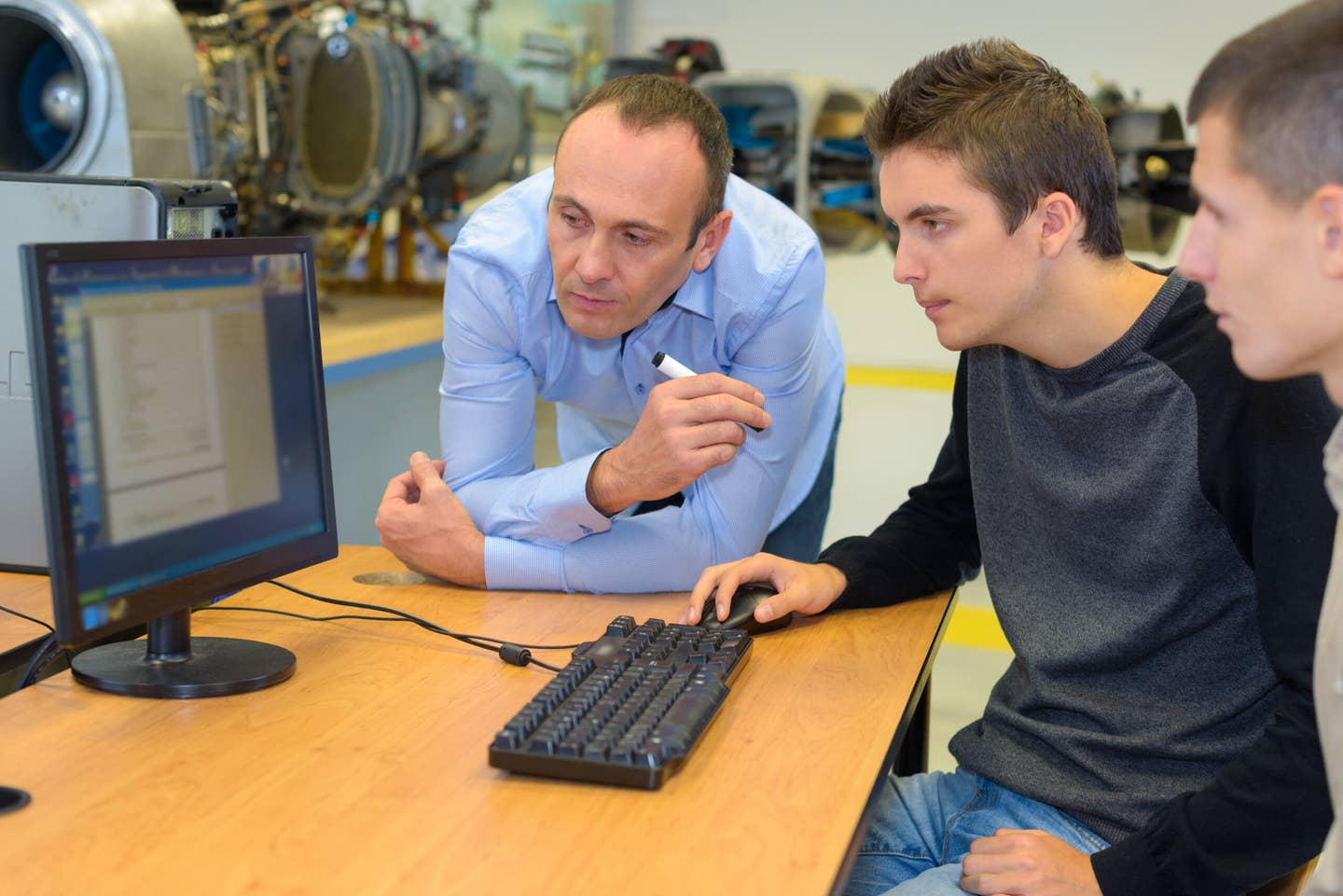
The things that make the right college decision are different for everybody. [File Photo: Adobe Stock]
Last week, we explored how a powerful tool from The Foundation for Research on Equal Opportunity can help identify the collegiate aviation programs that give you the most bang for your buck.
However, it’s rarely possible (or wise) to make decisions based solely on money in aviation. We must account for a few other considerations when picking a training program.
Stay Close to Home?
“It’s my opinion that you shouldn’t listen to those telling you to spend thousands of dollars extra for an idealized experience when you can get the education you need for less.”
Our most obvious consideration is that if you plan to go to a state school, you should strongly favor one where you will qualify for in-state tuition. The Education Data Initiative calculates this to be a difference of more than $17,000. There is no reason to spend so much extra money to get the same flight training and the same aviation science degree from a school further from home. In fact, if you can find a school close to where you already live, you may be able to further cut costs by living at home.
Some people will try to tell you that you’re entitled to some specific type of college experience. This could be living in the dorms, roaring parties in the quad, or even just staying up late every night on coffee-fueled homework binges without your parents yelling at you to turn off the lights.
The people who truly believe that this experience is deserved aren't worth your attention or consideration. You have more important things to focus on: getting an education and learning to fly. If you focus on those objectives, the result will be a fun, high-paying career flying interesting aircraft all over the planet. It’s my opinion that you shouldn’t listen to those telling you to spend thousands of dollars extra for an idealized experience when you can get the education you need for less.
Find the Right Location for You
Although in-state tuition can be a game changer, you still have to find a location that works for you. I know people who would not do well, emotionally or physiologically, in northern-tier locations with long, cold winters or lots of rain. Those places also tend to have protracted periods of bad flying weather that can impact the pace and quality of your flight training.
Even places with good weather aren’t right for everyone though. Middle Georgia State University scored extremely well on our list of cheapest schools last week. It also has the advantage of being part of Delta Air Lines’ Propel program. (More on that in a moment).
Georgia generally has good flying weather, but part of the reason MGSU is so cheap is that it’s in a relatively small, rural area that would not be a good fit for everyone. You need to choose a location that works for you, even if it costs a little extra.
Do You Even Need College?
We haven’t hit this point hard yet, but there’s an argument to be made that you don’t even need a college degree for a career in professional aviation. Delta Air Lines recently made headlines by changing college degrees from “required” to “preferred,” and they aren’t the only major airline with that philosophy.
This topic is important enough for its own column another time, but this week let’s consider three key points:
- Although your dream employer may not require a degree, most companies score applicants based on a whole-person concept. They do value education. If two otherwise similar candidates are competing for the same spot, the one with the degree is likely to get the job.
- When the FAA changed the rules for obtaining an airline transport pilot (ATP) certificate, they made allowances for college graduates to get a restricted ATP sooner than their non-collegiate peers. Graduating from a two-year aviation program can allow you to get your R-ATP at 1,250 total hours, while you can get an R-ATP at just 1,000 total hours after graduating from a four-year aviation program. Would you rather spend those extra 250 to 500 hours flight instructing in the summer heat for peanuts at the start of your career, or flying a widebody jet to Milan or Sydney while earning $350,000 or more at the end of your career?
- Collegiate aviation programs are increasingly offering a variety of career tie-in programs from ROTC for aspiring military pilots, to ab initio airline opportunities. If you have a specific career goal in mind, these programs can offer a much higher probability of achieving your goals. Using our example of Middle Georgia State from earlier, a student dead set on flying for Delta could attend one of the cheapest aviation schools in the country and get a qualified job offer from Delta in their senior year of college. A pilot career path doesn’t get much more straightforward than that.
Academics Still Matter
Another important consideration in the “Do I even need a degree?” debate is what you plan to do when (not if) the next industry downturn happens.
The COVID-19 pandemic grounded thousands of pilots for months on end. Some are still trying to find a new forever job. This wasn’t the first disaster that caused trouble for professional pilots, and it sadly won’t be the last.
I have friends who spent the pandemic driving delivery trucks or being on-call repairmen, and I have friends who picked up high-paying jobs with great benefits.
Among the more senior airline pilots I’ve flown with, the ones who are still bitter and financially wrecked from their career downturns are the ones who had nothing to fall back on. In contrast, I know many senior pilots who weathered corporate bankruptcies, mergers, furloughs, pandemics, and more very well because they had other skills. Many of them still have side hustles or full-time businesses (in addition to their flying jobs) that bring fulfillment to their lives and financial security to their families.
Having a college degree could make a major difference in how you are able to weather the downturns that will happen during your career.
Attending an aviation college isn’t the only way to get a degree, but if you pay attention to the considerations we’ve discussed over the past two weeks, you can absolutely pursue this path without breaking the bank.
What About Scholarships?
You should not have to foot the entire bill for your degree or your flight training. Our world is full of scholarships funded by good people who value you and your future contributions to our profession.
We’ll cover flying scholarships in more detail another day. However, these should help you get started for now:
- Here’s FLYING’s list of 12 great aviation scholarships.
- If you don’t mind paying for a subscription, PilotPipeline has put together a scholarship finder tool with millions of dollars just waiting for your application.
- This outstanding, free scholarship calendar sorts scholarships by application deadline.
If I were back at the start of my aviation career, I would spend a minimum of an hour every single day applying for flying scholarships on one (or all) of these lists.

Subscribe to Our Newsletter
Get the latest FLYING stories delivered directly to your inbox

